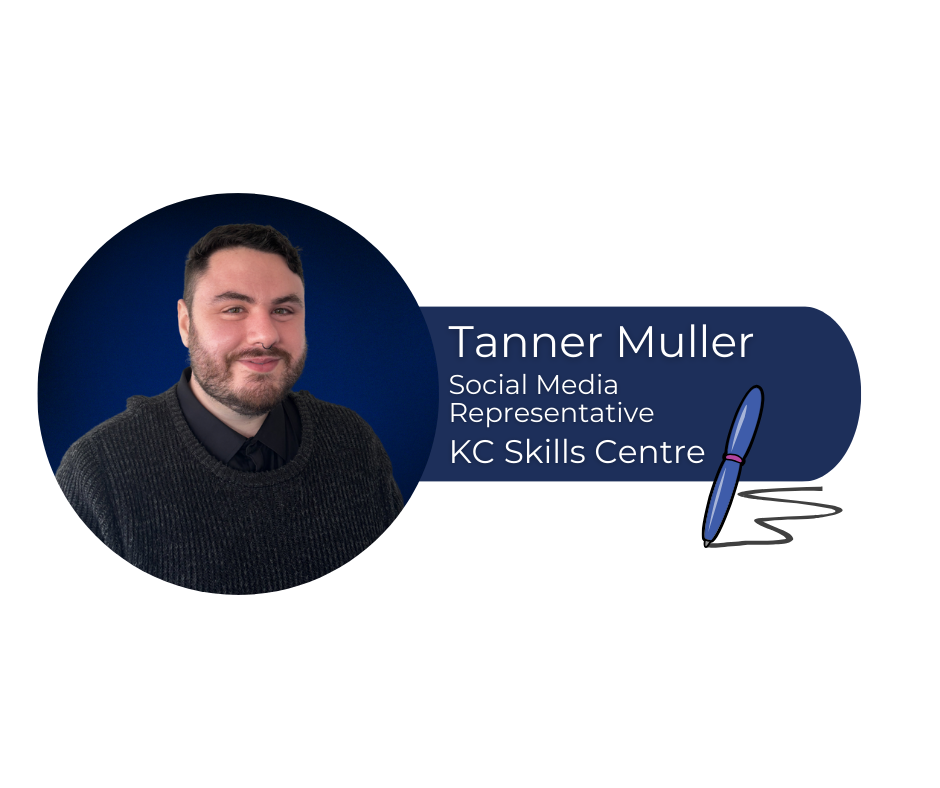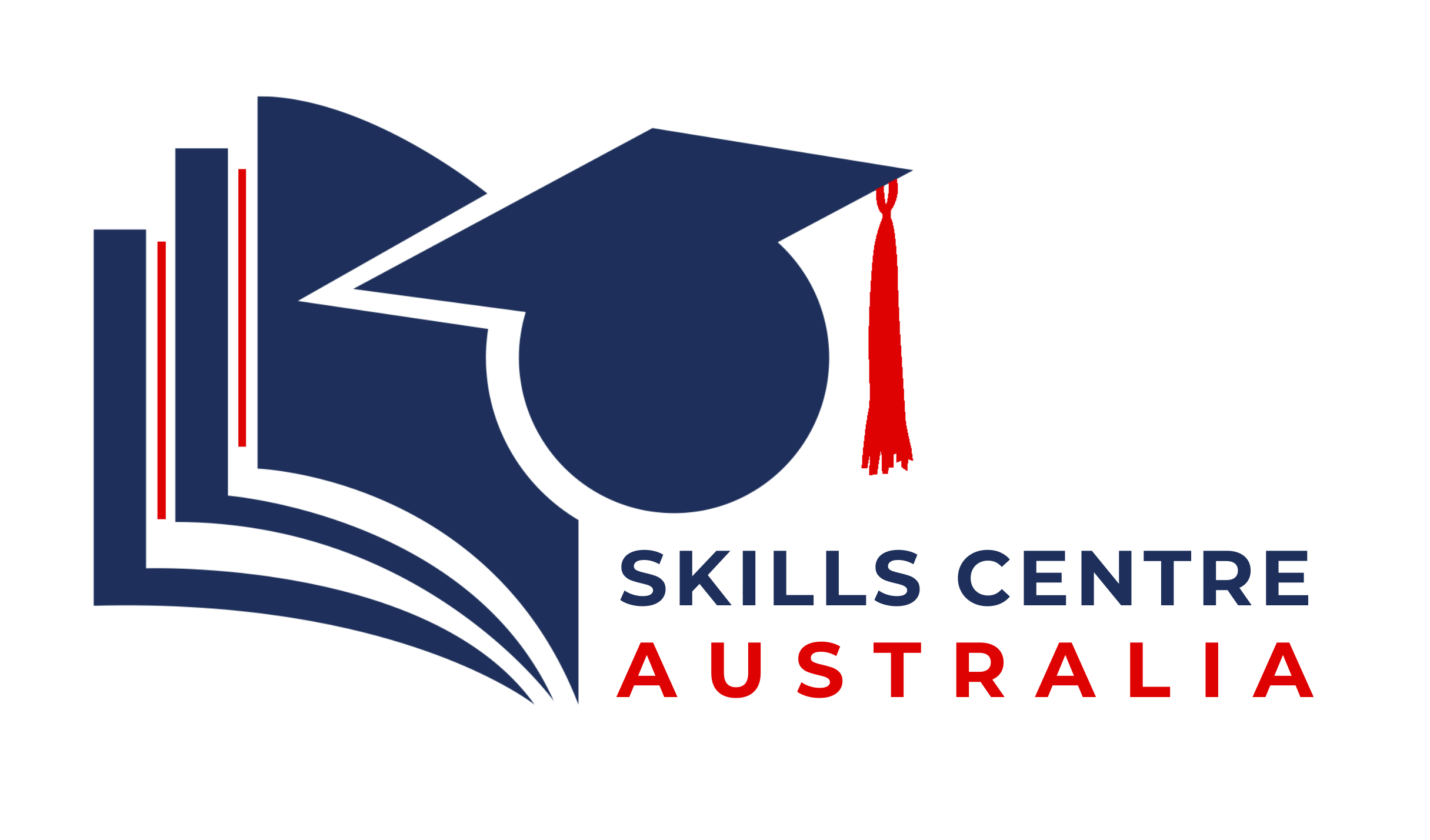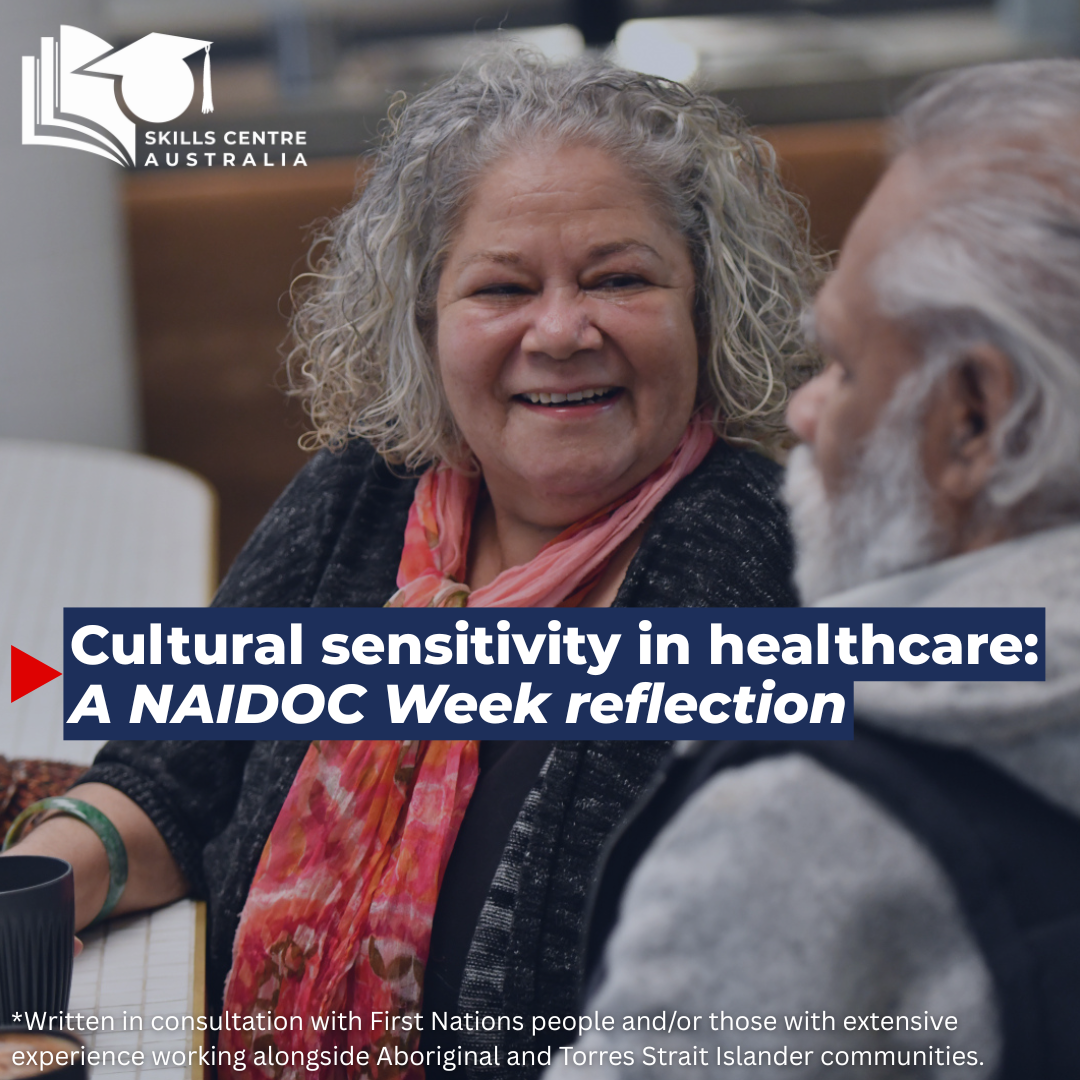As this year’s NAIDOC Week unfolds, we reflect on the enduring strength, wisdom, and cultural heritage of our Aboriginal and Torres Strait Islander people. For those working in the healthcare sector, NAIDOC Week also serves as a critical reminder of the need to provide care that is not only clinically effective, but culturally respectful. It offers the opportunity to reflect on how we engage with First Nations people in health settings, ensuring we respect their identities, traditions, and lived experiences.
This highlights the importance of culturally safe healthcare practices, the need for culturally informed support services, and how healthcare workers can contribute to more respectful and inclusive care environments for our First Nations communities.

Progress and ongoing challenges
Over the past decade, Australia’s health sector has seen many improvements in its engagement with Aboriginal and Torres Strait Islander communities. This includes:
- Improved access to antenatal services,
- Increased Indigenous representation in the workforce, and
- Developing stronger partnerships with Indigenous-led health organisations.
However, significant barriers remain. Geographic isolation, transportation difficulties, financial constraints, and the lack of culturally safe services continue to limit the access to quality care. In addition, many First Nations people—particularly those who have been marginalised or labelled based on perceived identity (such as being of mixed heritage)—may carry lived experiences of exclusion and disconnection from both cultural and institutional spaces. Such factors underscore the need for continued efforts to remove structural barriers and promote a more inclusive healthcare system.
Defining culturally safe healthcare
Culturally safe healthcare is one that respects the values, strengths, and sensitivities of First Nations people. It requires an understanding of the broader social, historical, and political contexts that shape healthcare delivery. This involves actively recognising and addressing systemic racism, power imbalances, and structural inequities that are embedded within the sector.
Healthcare workers play a crucial role in delivering support that is respectful, inclusive, and culturally responsive; ensuring the identities of First Nations people are understood. When clients feel safe and recognised in healthcare settings, they are more likely to engage with services, adhere to treatment plans, and communicate about their concerns.
For many First Nations people, this sense of safety is deeply tied to whether their identity and lived experience—including the complex dynamics of belonging—are understood and respected by healthcare providers.

The role of culturally informed support
Providing culturally informed support means tailoring healthcare to align with the cultural needs and lived realities of our First Nations people. It acknowledges that health is not limited to the physical body, but is a holistic concept that encompasses emotional, cultural, and spiritual wellbeing. Central to this understanding is the importance of community and connection to Country, which play a fundamental role in healing and resilience. Informed consent and decision making must also be prioritised within these environments, as this allows First Nations clients to actively participate in their care.
In providing culturally informed care, healthcare approaches also must be designed to uphold the autonomy, identity, and dignity of each person. This requires a commitment to ongoing, coordinated care that is not only clinically effective, but also culturally responsive.
Building capability through training
Delivering culturally competent care requires ongoing learning and critical self-reflection. It is not a one-time achievement, but an ongoing commitment. Training and upskilling courses, like those offered by Skills Centre Australia, help workers build necessary skills and understanding.
But while our courses provide a strong foundation for developing respectful practices, students are also encouraged to pursue specialised training to deepen their understanding of supporting Aboriginal and Torres Strait Islander people.
These opportunities include programs and courses offered by:
- Aboriginal Health Council of South Australia (AHCSA), who offer nationally recognised qualifications and traineeships to build Indigenous health workforce capacity.
- SA Health’s Aboriginal Cultural Learning framework, which provides online cultural learning modules for public health workers to enhance understanding of Aboriginal history, systematic issues, and culturally responsive care.
- Joint Colleges Training Services (JCTS), who deliver Aboriginal Health and Culture Workshops tailored for GP Registrars and Practice Managers, with a focus on cultural safety in clinical practice.
- Adelaide Primary Health Network (PHN), who offer Aboriginal Cultural Sensitivity and Respect Training, addressing historical, social, and emotional determinants of Aboriginal Health.

NAIDOC Week is a time to reaffirm one’s commitment to culturally safe healthcare that honours and respects our First Nations communities. By embracing culturally respectful practices and investing in ongoing education, healthcare workers can contribute to a system where Aboriginal and Torres Strait Islander people receive the care they deserve—care that is effective and respectful.
By embedding culturally safe practices, challenging systematic inequities, and investing in ongoing capability-building, we can create a healthcare environment where every First Nations person feels respected and supported.
This article has been reviewed by First Nations people and/or those with extensive experience working alongside Aboriginal and Torres Strait Islander communities to ensure cultural respect and accuracy.


